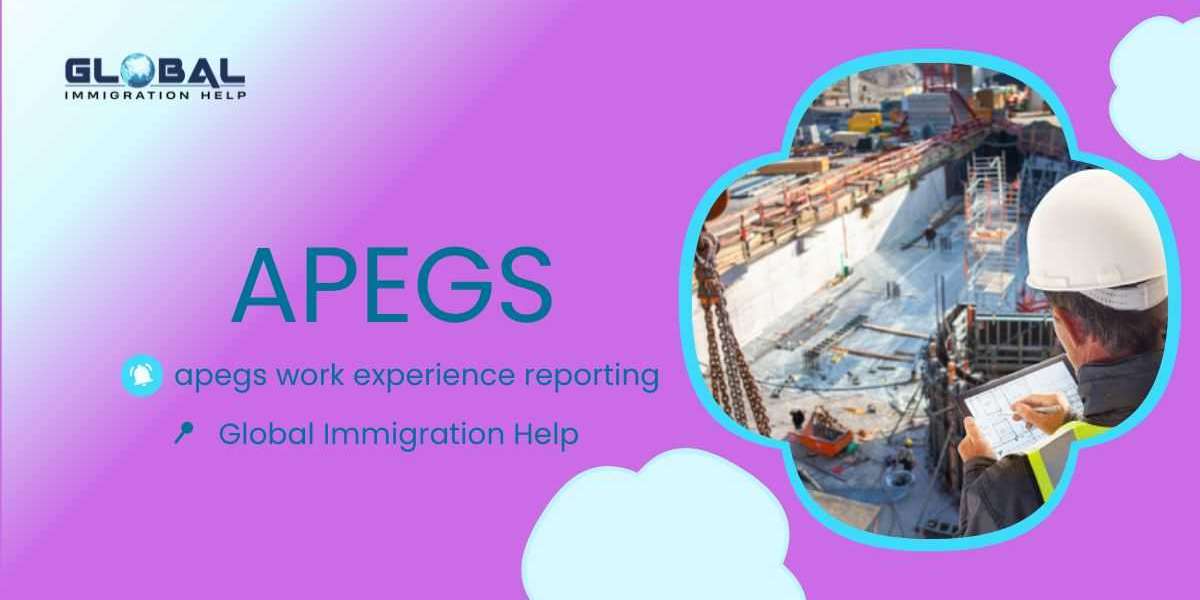Applying for the APEGS engineering/geoscience professional license requires you to demonstrate eligible experience. Now, you must be thinking about what an eligible experience.
Therefore, we have written this article to let you know about the eligible experience types. Here, we will tell you not all, but four types of acceptable work experience. So, read the whole article to become familiar with the types of eligible experience acceptable to the authority.
Types of eligible experience:
Post-bachelor’s experience:
Acceptable full-time geoscience or engineer experience is counted on the basis of the number of months of experience. If the experience was less than full-time, indicate the percentage in the Overview box. You are not required to subtract normal vacation and statutory holidays.
However, lay offers and leaves of absence are not counted toward the 4 years. The time counted can’t exceed calendar time. Therefore, if you worked more than 40 hours per week you can’t count that as additional time worked.
Pre-graduation experience:
1-year maximum can be counted. Experience has to be from after half of the bachelor-level university program of study was completed and supervised by (or close professional oversight by) a professional geoscientist, professional engineer, engineering licensee (if the experience was within their scope of practice), or geoscience licensee (if the experience was within their scope of practice) registered anywhere in Canada or the USA.
Close professional oversight: Contact the APEGS office for the discussion of situations where your direct supervisor was not a professional engineer, professional geoscientist, or equivalent but worked closely with a professional engineer, engineering licensee, professional geoscientist, or geoscience licensee, as it may be eligible to count towards the four years necessary.
If you use pre-graduate experience in one of your examples, it had to have close professional oversight to be evaluated (i.e., the validator must be a professional engineer, professional geoscientist, or equivalent). The professional who gave close professional oversight can be used as the validator if approved by APEGS.
Completed thesis-based master’s degree in geoscience or engineering (M.Sc. in some countries):
One year maximum can be counted. Attach one page-page thesis abstract and list of publications, if applicable) in the online system. A maximum of three years of experience is counted for international experience and graduate studies combined, i.e. Canadian graduate studies don’t count as Canadian experience for the purposes of the Canadian Environmental Competencies (engineering) or the equivalent-to-Canadian experience (geoscience).
A course-based master’s (M.Eng. in some countries) is not eligible for the experience.
Completed Ph.D. in geoscience or engineering:
Two years of maximum can be acceptable if the Ph.D. program was entered directly after a bachelor’s program. Only 1 year can be counted when a Master’s was completed; for example, the maximum allowable experience counted for all graduate studies is two years.
Attach the one-page thesis abstract and list of publications in the online system.
Remember: Attach the 1-page thesis abstract and list of publications in the online system.
To be kept in mind: At most, 3 years of experience is counted for international experience and graduate studies combined. For example, Canadian graduate studies don’t count as Canadian experience for the purposes of the Canadian Environment Competencies (engineering) or the equivalent-to-Canadian experience (geoscience).
You should hire an APEGS competence report writing expert to know more about the eligible work experience types, APEGS work experience reporting option, and the CBA (competency-based assessment) system.



